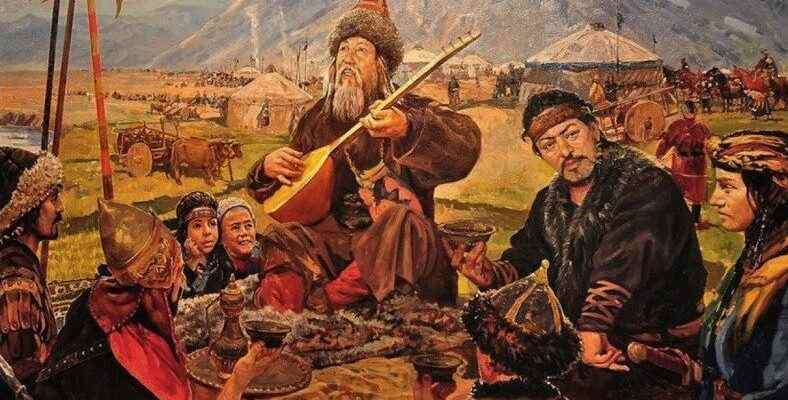A large part of the belief and culture of today’s society comes from mythology. Almost every society has its own mythology, stories and characters that turn into legends with these stories. Let’s take a closer look at what mythology is and see some examples from famous mythologies.
One of the most important rules for a society to exist as a society is to have a common culture and belief value. Sometimes this common culture is based on religion and history, but often mythology is considered the most important factor in this regard. Mythology means. It means extraordinary stories, most of which are not true, but reflect all the characteristics of the society to which they belong.
Almost every society has its own mythology. When we go deeper into the work, thousands of different mythology possible to meet. However, there are some of them that have traveled thousands of years through verbal communication and have survived to the present day. Bride Let’s take a closer look at what mythology is and let’s see some of the famous mythologies whose influence we still see today.
What is mythology?
To make a clear definition, mythology; common culture and often are common myths used to explain unknowns. Mythology consists of many different characters and the stories these characters are told. Words such as Turkish mythology and mythology are also used as equivalents of mythology.
The origin of the word mythology is the Greek word meaning spoken word. myth and means to speak logos derived from the words This word is in Ancient Greece. repetition of what was said in the past While it is used as a meaning, it has gained meanings such as legend in Eastern languages, myth and fairy tale in Western languages.
Orally transmitted stories constitute mythology. So legends and fairy tales are included in mythology. However, described Not every fairy tale and legend is a mythology element. Features such as the fact that the tale and legend in question are a common cultural element, that they have been told since the distant past, and that their characters take place in other stories form the basis of mythology.
Mythology features:
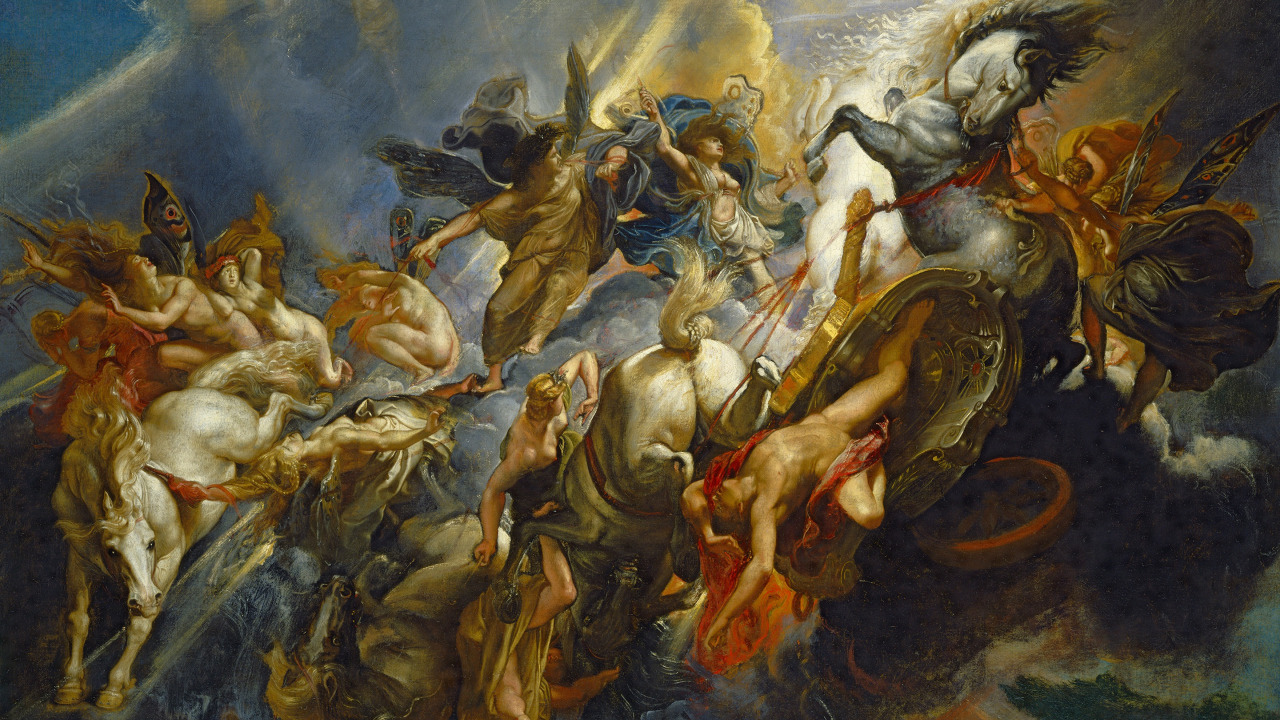
Mythologies are transmitted through traditional oral narrative. Among the heroes of the stories that make up the mythology gods, demigods, nobles, brave heroes, beautiful women and common folk has. Since the mythology of a society is an indicator of belief and culture, they are often approved by the ruler or clergy of the period.
Mythology often forms the religion of the period. For this reason, these stories that illuminate the unknown must be accepted by most of the society. The purpose of the tales and legends told is mostly to explain how the society they belong to has emerged. For this reason, it is possible to encounter many supernatural events.
Mythology stories often tell the beginning of everything. How the world came to be how that society exists, Events such as how he came to that day form the basis of myths. To make a fine distinction, tales mostly tell the aftermath of the beginning. In other words, fairy tales are told on myths, not to solve things, but to elaborate what exists.
Some famous mythologies:
- Turkish mythology
- chinese mythology
- indian mythology
- Greek mythology
- Persian mythology
- nordic mythology
- Mesopotamian mythology
- Aztec mythology
- Mayan mythology
- Inca mythology
- Egyptian mythology
Turkish mythology:
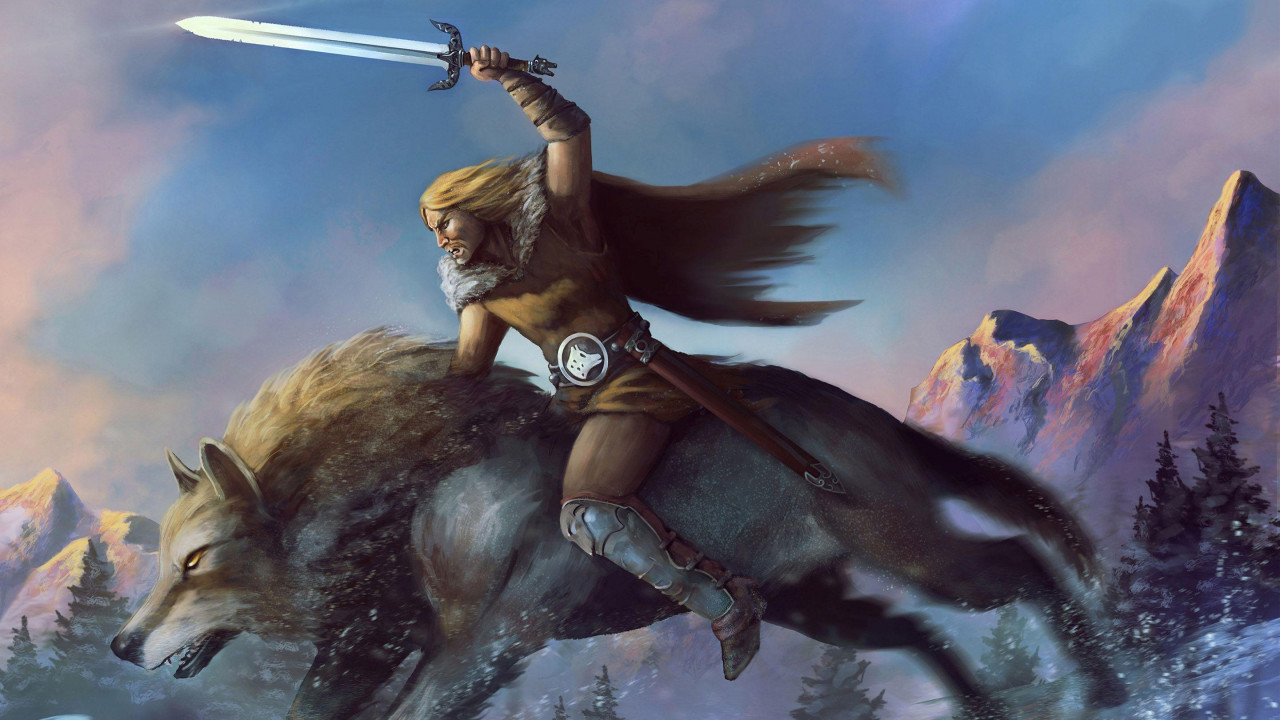
Belonging to Turkish mythology, where the beginning stories of ancient Turkish culture are told. One of the oldest works is Dede Korkut Stories. Since Turks have had many different beliefs throughout history, all these stories can be called Turkish mythologies more broadly, not as a single mythology.
The Epic of Bozkurt, which tells about the birth of the Turks, The Epic of Ergenekon, which tells about the resurrection of the Turks, The Oghuz Epic, which tells about the ancestor of the Turks, Oguz Kagan, The epic of Manas, the longest epic in the world, and the epic of Alp Er Tunga, in which Alp Er Tunga, one of the important Turkish lords, is told, constitute the most important legends of Turkish mythology. Some other known Turkish epics are as follows;
- Epic of Migration
- The Forty Girls Epic
- Epic of Creation
- That Epic
- Epic of Descent
- Edigey Epic
- Koroglu Epic
- The Epic of David Aziz Baytekin
Chinese mythology:
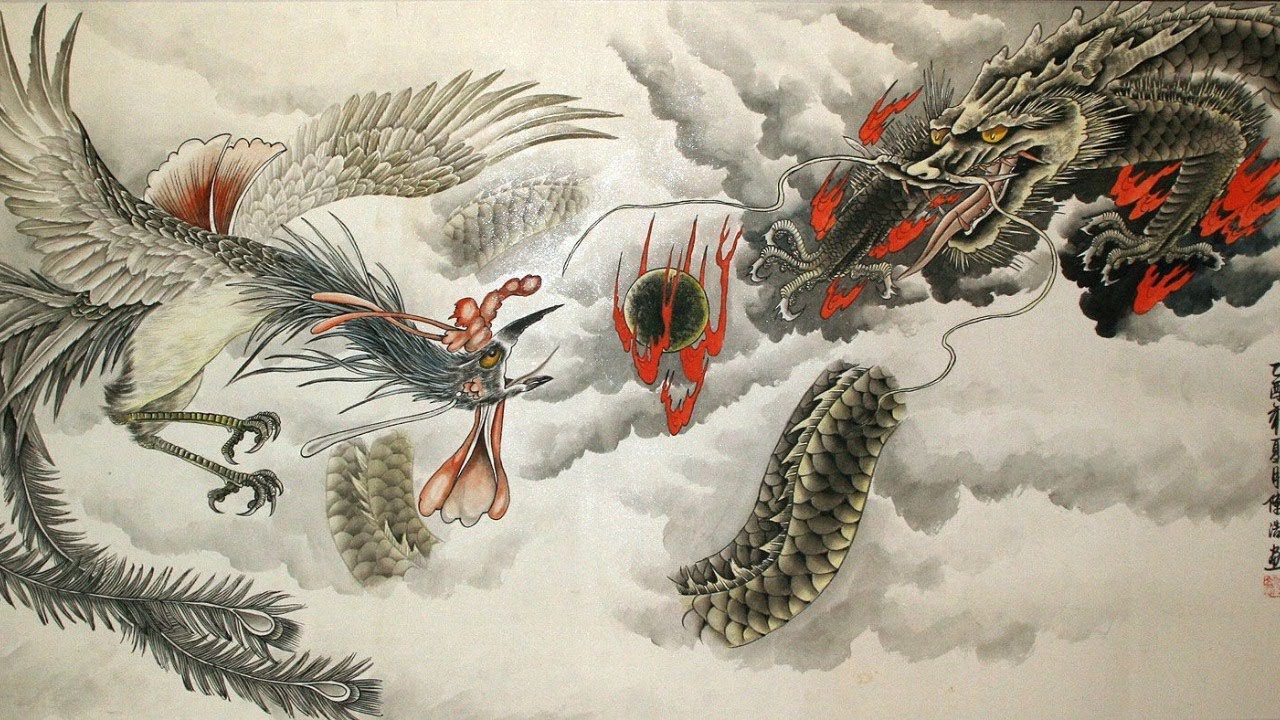
Dictionary of Asian Mythology published by Oxford Chinese mythology; defines it as a mixture of history, legend and myth. Chinese mythology, which is estimated to have started in the 12th century BC, is examined through source texts such as Shan Hai Jing, Shui Jing Zhu, Hei’an Zhuan, Fengshen Yanyi, Baishe Zhuan. Chinese mythology is home to thousands of different gods, goddesses, and heroes.
Indian mythology:
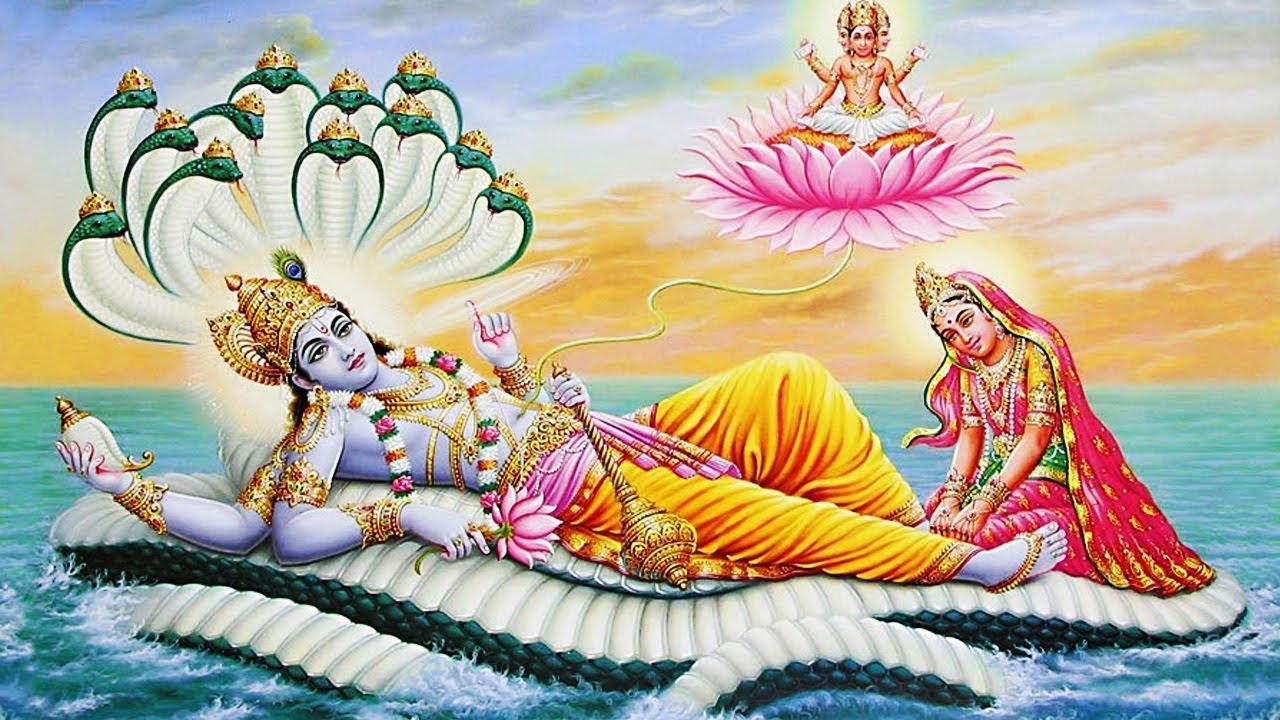
Indian mythology forms the basis not only of Indian culture but also of Hinduism belief system. Vedas, which are considered the sacred texts of Hinduism, It is one of the most important sources of Indian mythology. Indian mythology generally has stories of encounters between different people and gods and goddesses.
Greek mythology:
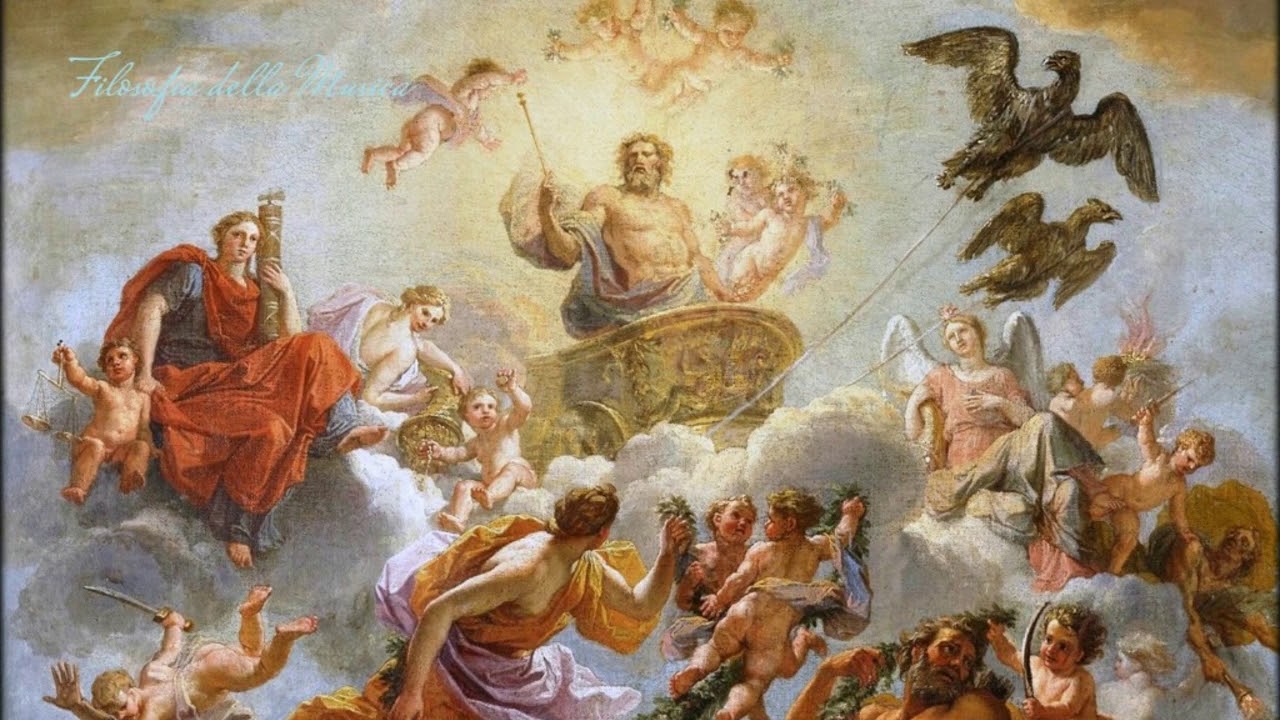
Undoubtedly, Greek mythology forms the basis of today’s Western belief. The stories told in ancient Greece illuminate unknowns such as the formation of the world. There are 12 main gods and goddesses in Greek mythology. These gods named Zeus, Poseidon, Hades, Hephaestus, Ares, Hermes, Dionisos, Artemis, Aphrodite, Hera, Athena, Apollo; It is seen as the cause and effect of everything that happens in the world.
Persian mythology:
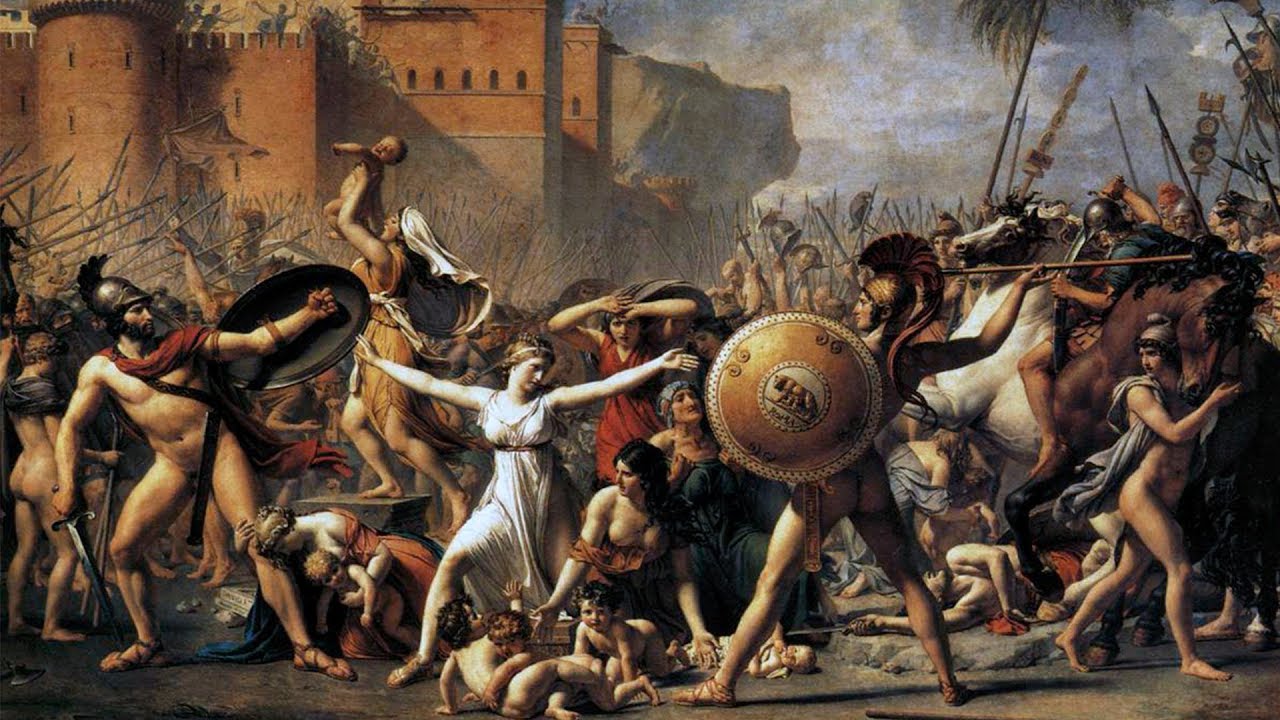
Persian mythology forms the basis of the belief and culture of the Persian society living in the region called Iran today. It has stories covering a very wide geography due to its location. The stories told in Persian mythology are also They are the sacred texts that also feed the Zoroastrian belief system.
Norse mythology:
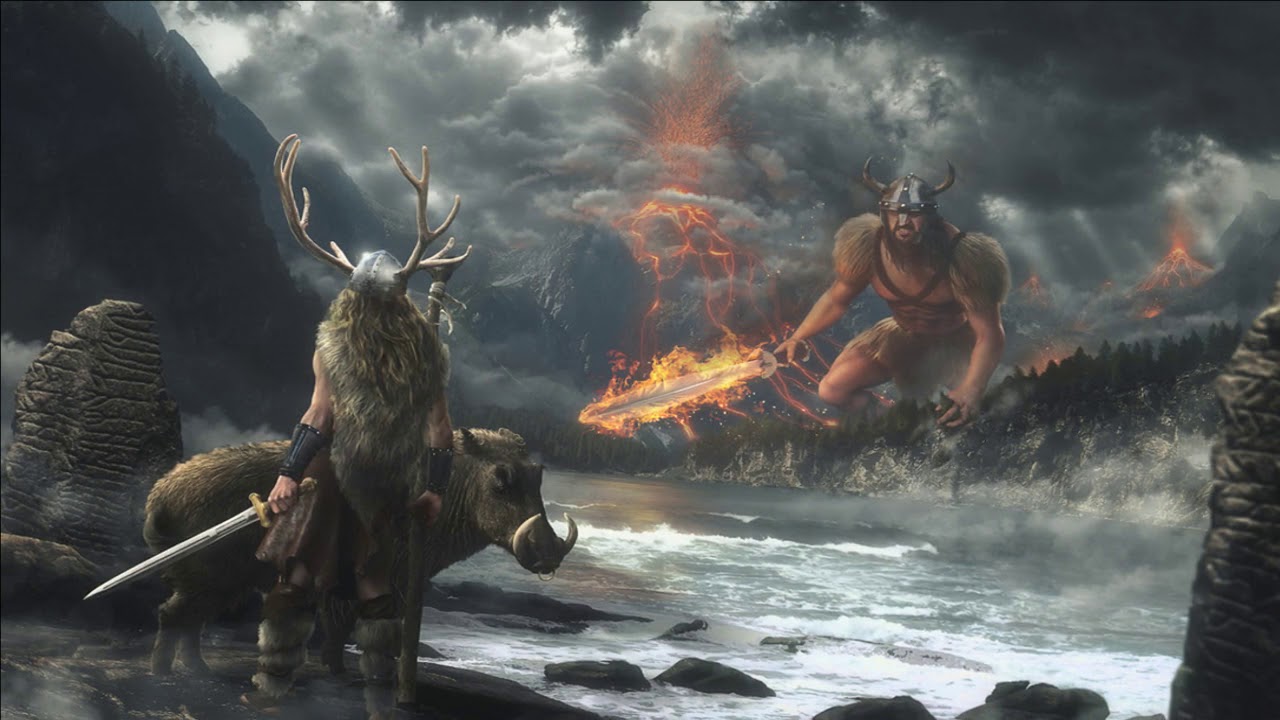
Scandinavian mythology, which has some of the most known legends today, with the influence of popular culture, tells the pre-Christian period of the societies living in the region. Odin, Thor, Tyr, Njord, Frey and Freya are some of the most important gods and goddesses of Norse mythology. The most important story of Scandinavian mythology is Ragnarok, which is believed to be the world’s destruction and re-existence.
Mesopotamian mythology:
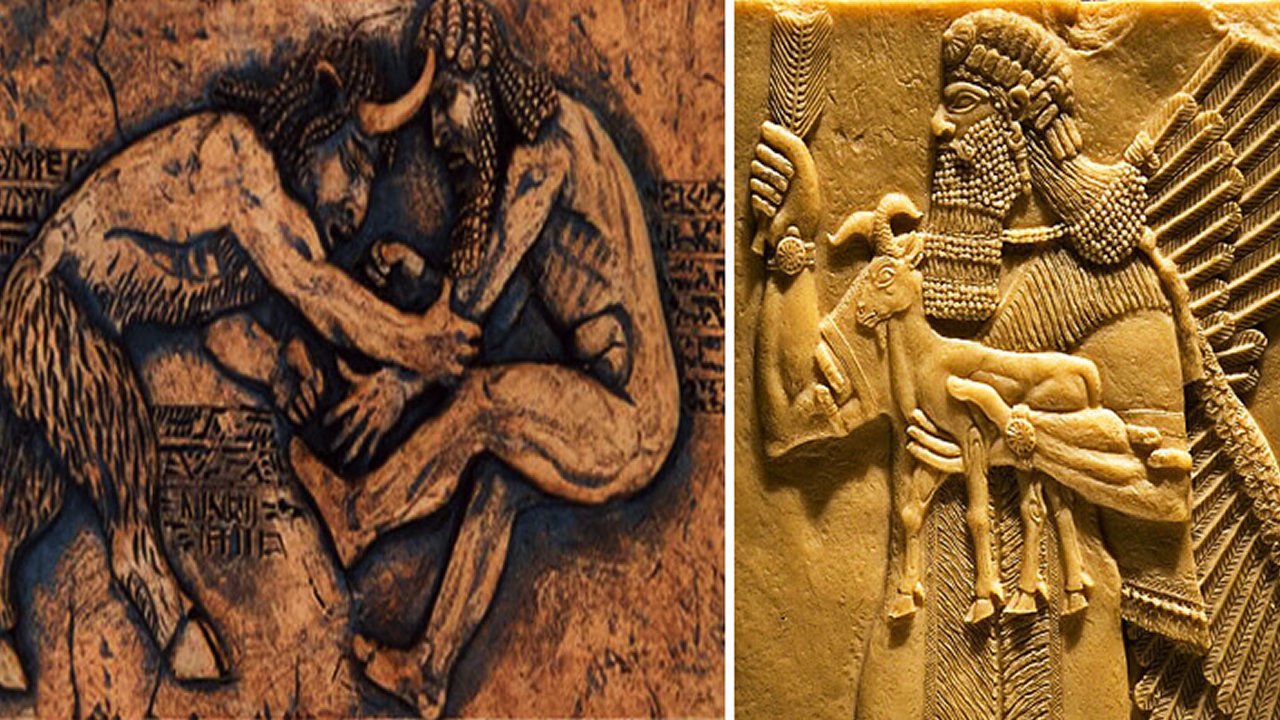
Although it is called Mesopotamian mythology, the stories told are actually He talks about the Sumerian civilization, which disappeared around 400 BC. According to Mesopotamian mythology, humans were first created to serve the gods, and then they were liberated and formed the civilization we know.
Egyptian mythology:
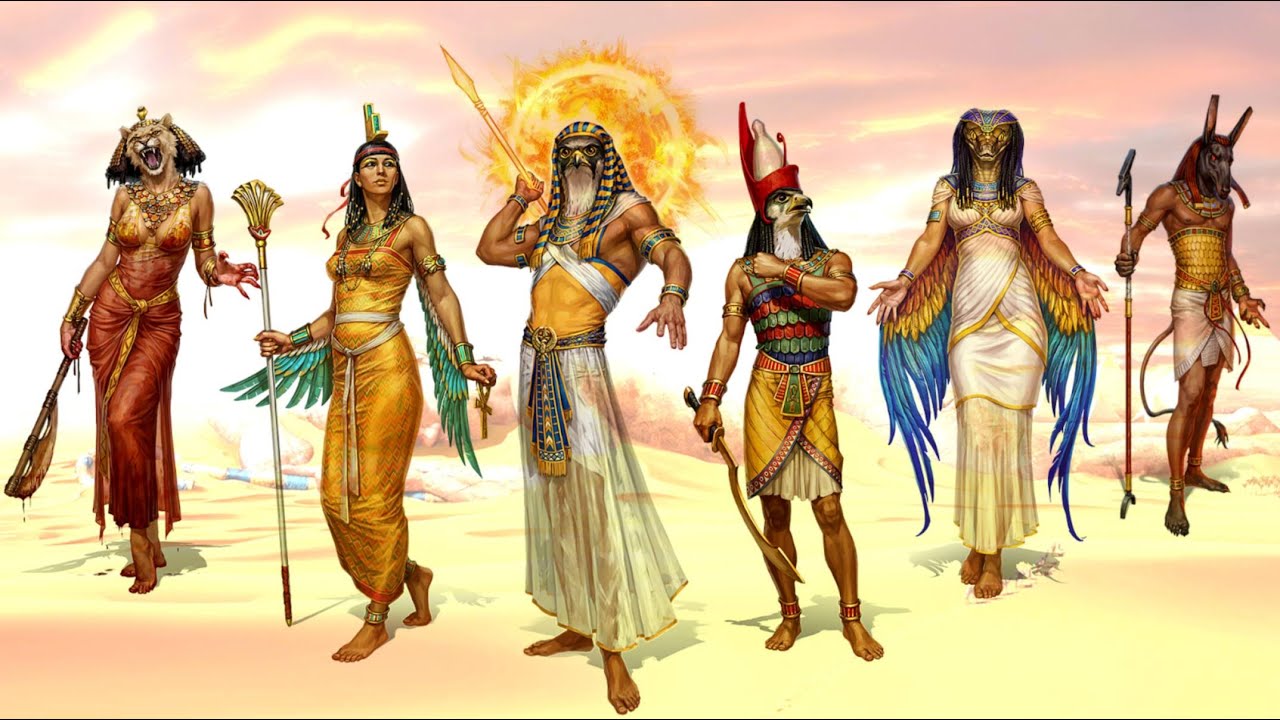
Egyptian mythology forms the basis of Egyptian culture, which is one of the most important societies at the beginning of civilization. Most of the stories told in Egyptian mythology are about the formation of the world, the creation of humanity and how the world is ruled by the gods focuses. Egyptian mythology stories with metaphorical narratives formed the basis of administration for kings and priests.
underlying belief systems and cultures. what is mythology We answered the question and told some of the famous mythologies known today. Although most of the mythologies in question were considered a religion at the time, we know today that they are all fictional stories about supernatural events.
